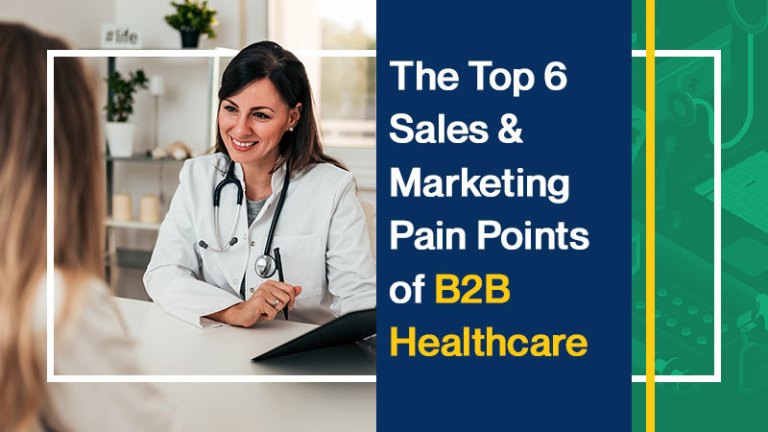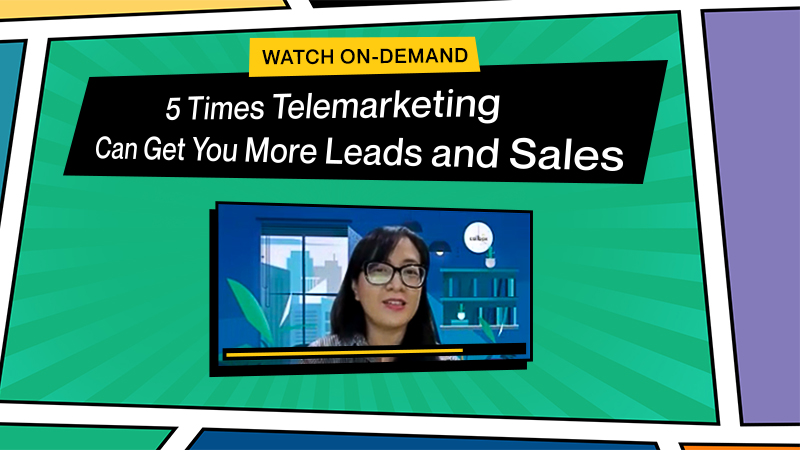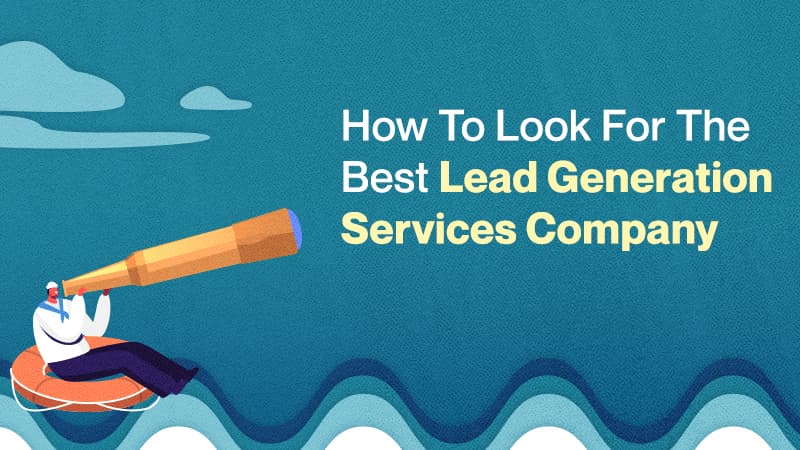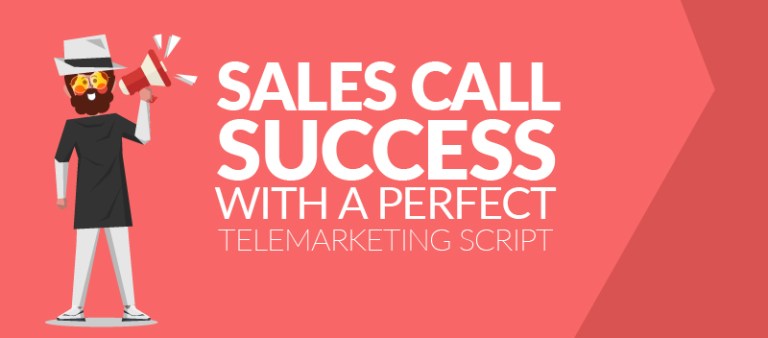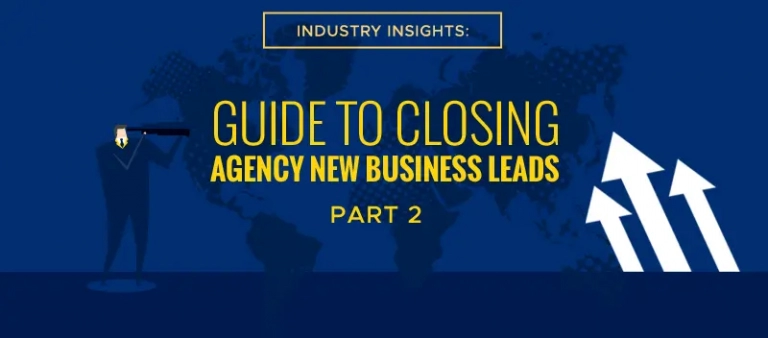You are not alone.
We understand that scaling in the B2B healthcare industry can be difficult. However, for us to truly grow and scale, we need to identify the pain points in our efforts and find intelligent solutions in dealing with them.
Today, we take a look at the various pain points in B2B healthcare sales and marketing, and how some healthcare companies are rising through the challenge.
#1 Information, Content and the Sales Pipeline
Here’s the universal truth for people who specialize in content marketing for the B2B healthcare industry: it’s hard. This is because you are trying to push content into a narrow segment of the market and coming up with topics can be difficult.
The strategy should move from a quantity to a quality-based perspective. The goal is to be a thought-leader when it comes to planning out a content marketing strategy for B2B healthcare. This means you have to differentiate what you release for it to stand out amongst the stiff competition.
Furthermore, address the issue of informing your prospects at each stage of the pipeline. Your prospects will want a B2C experience that you have to make available to them. This means being able to provide information that they may need at every step of the way.
Of course, you still have to optimize the content to make sure it ranks well so that they click on you instead of your competitors.
Related: Amplify Your Leads with These Content Distribution Tips
#2 It Takes Too Long
The most intense pain point in B2B healthcare is the amount of time it takes to close a deal. For you to make a successful entry into a market, you need to be able to prepare for long-term sales and lead nurturing process. It takes a considerable amount of resources to stay afloat as you wait for a decision to be made.
Related: Enterprise Sales vs SMB Sales: A Side-by-Side Comparison [INFOGRAPHIC]
#3 HIPAA Compliance
If your product or service allows you to deal in any part or form with private patient data, then you better be HIPAA compliant with the way you do things. However, it is beyond telling and showing the prospects of your compliance. Since it is a very particular industry, you need to be able to either help or protect their HIPAA compliance as well.
Stay a step above the rest by caring for the other issues that bother them.
For instance, a lot of healthcare IT support companies often highlight their ability to help medical facilities be more HIPAA compliant with the way that they do things. This is another example in the B2B marketplace of solving a client’s potential problem instead of advertising the benefits of your services.
#4 Risk Aversion
The healthcare industry is careful about the purchases that they make because they can directly or indirectly affect the lives of the people that they cater to. It adds to the length of the transaction period and the only way around this risk aversion is for you to be able to address the concerns that they have. However, viable solutions must be made for you to be able to make it past your fears.
Another good thing to mention is that you should have a product or service that can quickly be adopted to minimize the strain on them switching to your platform.
#5 Buying Committees and GPOs
Since healthcare is risk-averse – as we mentioned earlier – getting the final word on a purchase will usually require a decision-making unit that is comprised of more than one member. Some will even take it further and rely on a GPO or group purchasing organization, to work in getting them the purchase that they need.
This means you need a multilateral approach in lead nurturing and everybody that’s part of the DMU should be well-informed and nurtured in the pipeline.
#6 Budget Cycles
Healthcare and medical facilities have budget cycles that work differently from other industries. They are usually tied to a fiscal year’s worth of budgets. This means your approach to lead nurturing also has to change.
Being able to attract the prospect and keep them interested until they are ready to purchase from you can be a year-long process, and you should have procedures in place to make sure that you are nurturing them and following up with them every step of the way.
This is the only way to secure your advantage.
Sales and marketing are never easy, especially in an industry such as B2B healthcare. However, it is only through thorough considerations of what the problems are that we can fully adapt to the needs that we have.
We have to stop treating our pain points as problems, but rather as opportunities for creative growth.
It might be hard, but a well-rounded lead generation campaign is not impossible once we start dealing with our pain points.
Related: Healthcare and Life Sciences: 3 Ideas to Inject Into Your Lead Gen Plan
